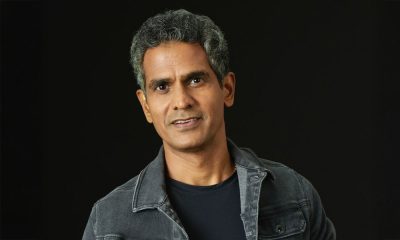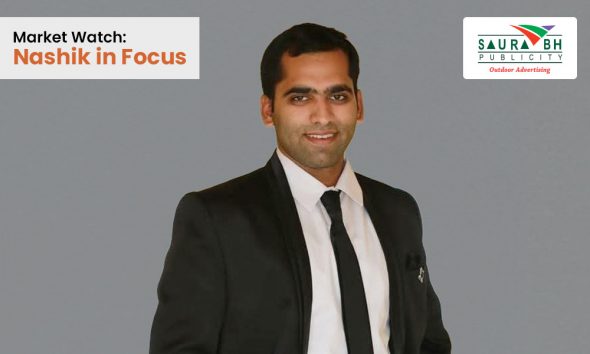

Subscribe to receive the latest OOH
industry updates

It’s Spotlight will exclusively manage and operate the mall’s complete advertising inventory, including OOH, DOOH, ATL, and BTL

The agency will help the brand maximize visibility through targeted marketing strategies and enhanced brand presence, ensuring greater reach and...

The agency will be responsible for both traditional and digital media mandate that includes TV, Print, Radio, Cinema, Outdoor and...

The agency will be responsible for handling the media strategy for HDFC Life.

This collaboration aims to leverage cutting-edge media planning and execution to enhance Narayana Health's outreach, fostering trust, accessibility, and impactful...

Insights from Kavita Jagtiani, Chief Marketing Officer, L&T Finance Ltd., on how OOH is evolving into a high-impact, tech-enabled growth...

Rajat Sikder, Director, Walk The Talk (WTT), reflects on a year of breaking boundaries in OOH, sharing the stories behind...

Kanika Anand, GM - Media, Airtel, shares how OOH has become a high-impact engagement medium, what it uniquely delivers, and...

Insights from Kunal Gurnani, Head of Branding & Advertising, Utkarsh India, on how OOH continues to reinforce brand presence, drive...

Santosh ‘Paddy’ Padhi, Founder and Chief Creative Officer of INTO Creative, shares the creative journey and behind the scenes making...

Spotlite complements this offering as a mobile ad intelligence powerhouse, delivering fresh prospecting and competitive data every 12 hours.

Total advertising revenue to grow by 9.5%

Denise Turner, CEO, Route (which provides audience metrics for OOH advertising in the UK) explains why outcomes need reliable inputs;...

This partnership is a pivotal to Alchemy Media’s growth strategy, automating and managing the business processes of their extensive portfolio...

Praveen Vadhera, CEO of Indian Outdoor Advertising Association (IOAA) talks about the apex body’s plans for the audience metrics platform...









Originally developed by Ad Net Zero, the GMSF provides a consistent methodology for calculating greenhouse gas emissions across all major...

The shift towards sustainable practices is not just a trend, but a fundamental transformation, driven by companies like Ecosigns and...

This groundbreaking endeavor is spearheaded by climate-tech startup Carbon & Whale.

This collaboration introduces a new era of carbon measurement and campaign optimization in the DOOH space

Messages will appear throughout the day in eight cities, supporting Earth Day’s 2025 positive action campaign to unite behind renewable...


